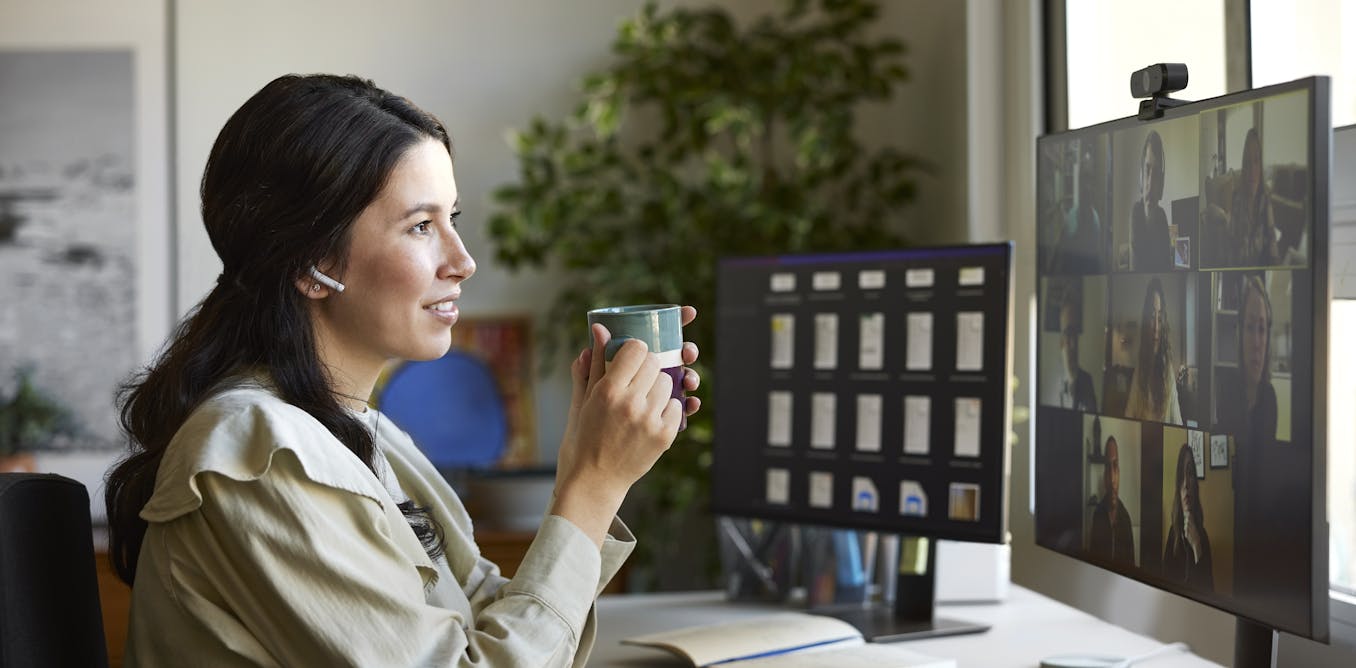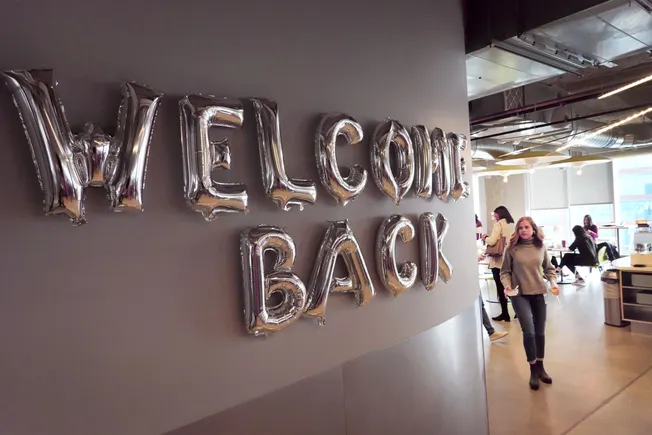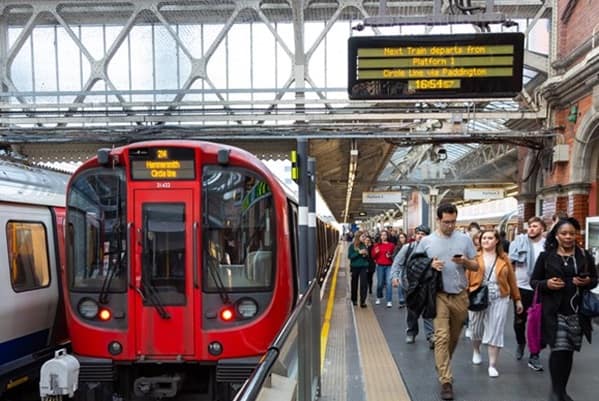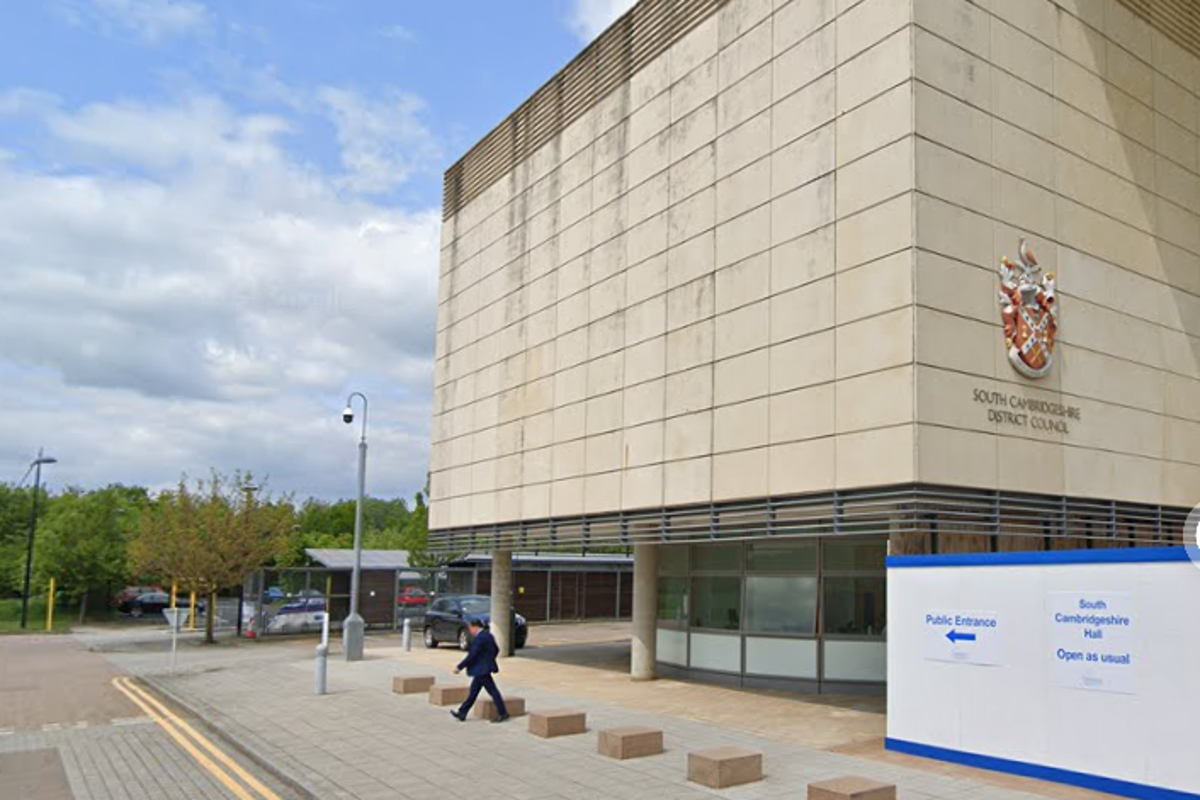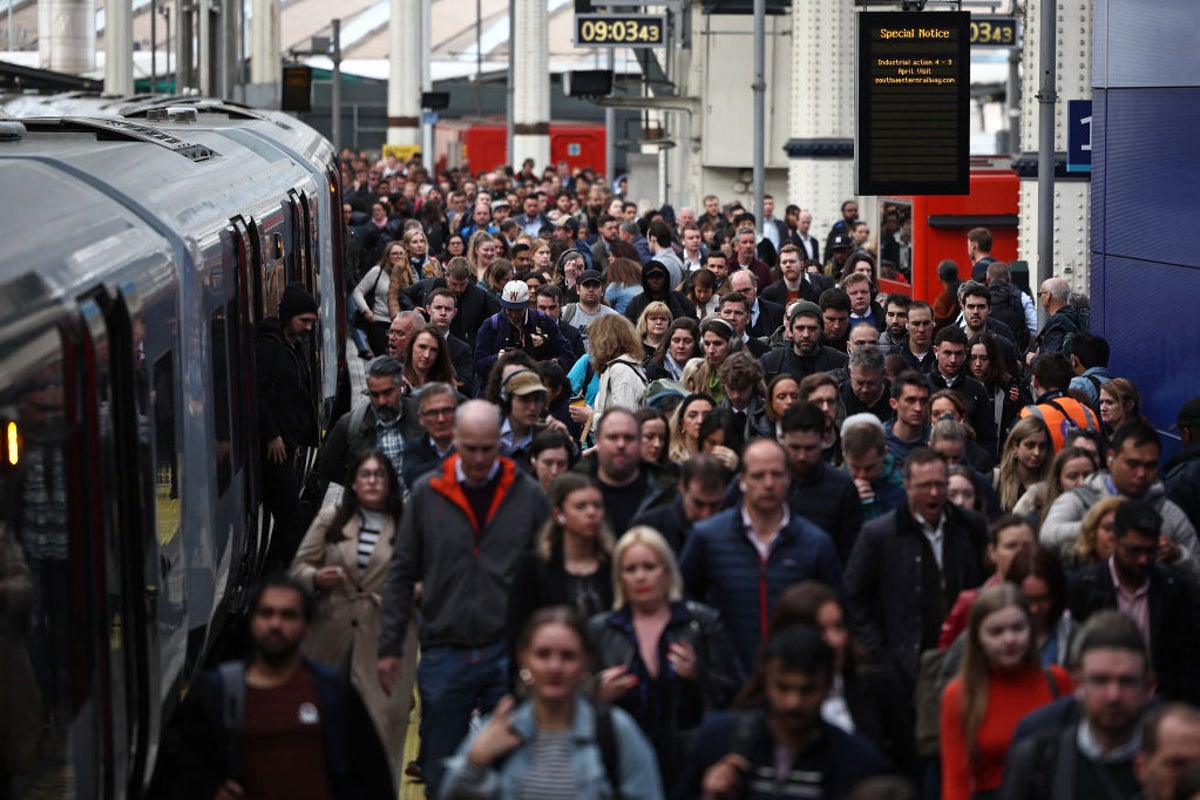#employee-wellbeing
#employee-wellbeing
[ follow ]
#work-life-balance #remote-work #mental-health #workplace-culture #productivity #hybrid-work #burnout
fromBusiness Matters
2 weeks agoWhen "AI Companionship" Enters the SME Toolkit: Practical Uses, Policy Gaps, and Reputation Risks
In a small company, culture moves faster than policy. When new technology enters daily life, it doesn't wait for HR manuals to catch up. Employees bring habits into the workplace: how they communicate, how they vent, how they cope with stress, and how they use personal devices during breaks. AI companionship sits right at the intersection of mental health, privacy, and brand trust. And those are not abstract issues for SMEs:
Mental health
Startup companies
fromFortune
1 month agoFounder of $100 million company never unplugs from work, but encourages her team to have work-life balance: 'They didn't sign up to be entrepreneurs' | Fortune
Nicole Bernard Dawes encourages employees to fully disconnect after work while she remains always on, accepting founder responsibility to keep the business operating.
fromPsychology Today
2 months agoHow to Rebuild Fulfillment in a Disconnected Workplace
Fulfillment isn't about chasing happiness, which is a fleeting feeling. What is fulfillment? Fulfillment means having a deep sense of inner peace, alignment and a groundedness from doing what you intend to do in life. Fulfillment comes from feeling a sense of purpose and acting in alignment with your own personal values. People who are truly fulfilled do experience the full range of human emotions and experiences, including sadness and setbacks.
Wellness
fromPsychology Today
2 months agoFrom Metrics to Meaning
It wasn't until the 1930s that the idea of worker satisfaction entered the working world's psyche. Before then, the prevailing attitude was simple: "You work for us, we pay you." Worker dissatisfaction was the norm, and many industries rose and thrived on taking advantage of the working poor. It wasn't until the realization dawned that a healthy worker is a productive worker-thereby impacting the company's bottom line-that the focus on worker satisfaction began to gain traction through industrial psychology and early management theories that recognized the importance of employee well-being for productivity.
Business
fromInc
2 months agoHow to Protect Your Company From the Worst Effects of Social Media
For years, public handwringing about the impact of social media on the minds and lives countless millions of teen users has dominated conversations about this increasingly prominent communications medium. Plenty of research suggests it can do real damage, and sites like Instagram have been forced to take steps that try to limit the harm the apps do. But it's not just teens using social media, and a new report explores its use at work and its impact on the productivity.
Business
fromFortune
3 months agoMost workers want an AI chatbot to be their work best friends, a new study says | Fortune
A new study from advisory firm KPMG found that 45% of workers surveyed reported feelings of loneliness in the workplace, and the majority would trade 20% in salary in exchange for working with close friends. And 99% of workers are interested in an AI chatbot that could become a close friend or trusted companion at work. There's a business case, too: Nearly 90% said friendship-enabling cultures are crucial for retention.
Artificial intelligence
Coffee
fromLondon Business News | Londonlovesbusiness.com
4 months agoThe strategic brew: How office coffee benefits your business - London Business News | Londonlovesbusiness.com
Premium, ethically sourced office coffee subscriptions improve employee morale, boost productivity, enhance brand reputation, and demonstrate corporate social responsibility cost-effectively.
Wellness
fromLondon Business News | Londonlovesbusiness.com
4 months agoPrioritising employee wellbeing: How weight management supports a productive workforce - London Business News | Londonlovesbusiness.com
Supporting employee weight management improves energy, focus, reduces health risks, lowers absenteeism, and enhances productivity and cost-efficiency.
fromIT Pro
4 months ago'Always on' culture is harming productivity, so workers are demanding 'digital silence' to get on with tasks
Workers are becoming increasingly overwhelmed by the "always on" culture at their jobs, and are calling for formal periods of "digital silence". That's according to research from Twilio, which found staff are pushing employers to allocate periods free from notifications and emails. The study, based on a survey of more than 1,200 UK-based workers, found nearly half (47%) are prioritizing protected times in their daily workflow that are free from distractions, email chains, and calls.
Digital life
fromBusiness Insider
4 months ago3 tips for employees to manage their wellbeing in a challenging job environment, from EY's Chief Wellbeing Officer
It's really easy in an environment of uncertainty to spend a lot of time and energy thinking about things that are outside of their control, but that's going to be a real detractor to your personal well-being.
Mental health
fromLondon Business News | Londonlovesbusiness.com
5 months agoReturn to office mandates: Expert warns devastating effects on UK workers - London Business News | Londonlovesbusiness.com
While this policy has been formulated to revitalise the economy, business leaders and HR teams have to consider how it will be implemented and its impact on employees. By increasing the number of working days in the office, businesses may achieve higher productivity and efficiency initially, but it can lead to increased stress and burnout among employees.
Mental health
Health
fromLondon Business News | Londonlovesbusiness.com
6 months agoUK workers could lose 1.5 days of productivity this week due to the heatwave - London Business News | Londonlovesbusiness.com
UK workers could be 30% less productive in temperatures above 30°C, losing nearly one and a half workdays weekly.
fromNature
6 months agoFactors influencing reducing sedentary time in home office employees - Scientific Reports
Employees desire autonomy in deciding how and when to reduce sedentary behaviors while working from home. They seek organizational support for these initiatives and want to incorporate social interactions into their routines.
Health
fromEntrepreneur
7 months agoCelebrating Juneteenth Isn't Just for Black People. How Companies and Other Employees Benefit, Too. | Entrepreneur
Celebrating Juneteenth symbolizes freedom and independence from a hard, dark history, providing an opportunity for businesses to engage their employees in a meaningful way.
Black Lives Matter
fromLondon Business News | Londonlovesbusiness.com
7 months agoHow London businesses are improving workplace accessibility - London Business News | Londonlovesbusiness.com
Making work environments more accessible in London is now a priority for businesses, with significant changes to infrastructure and employment practices for inclusivity.
London startup
#mental-health
Mental health
fromFast Company
7 months agoPrioritize mental health as a business imperative
Mental health is an integral part of overall health that requires attention and action.
The workplace must address mental health due to its significant impact on productivity and costs.
Evidence shows a strong connection between mental health and physical health issues.
Mental health
fromHarvard Business Review
8 months agoMaking Mental Health Programs Work at Multinational Companies
Mental health challenges at work lead to significant global productivity losses.
A high percentage of employees in Asia report mental strain.
UK businesses face billions in losses due to poor mental health.
Startup companies
fromSilicon Canals
7 months agoDutch startup VitsAll wins Dragons' Den pitch competition hosted by Rabobank and Academic Business Club - Silicon Canals
VitsAll won a Dragons' Den competition, emphasizing a validated wellbeing approach for employees.
Sabine Bakkum advocates for integrated health solutions in the workplace.
LuckyPay modernizes cash gifting through a digital app.
Dragon's Den in the Netherlands gives entrepreneurs a platform to secure investment.
[ Load more ]


